Introduction:
Mini diggers, also known as compact excavators, are small but powerful machines that are versatile and adaptable. They are used in a wide range of construction and landscaping projects, including digging, trenching, grading, and demolition. One of the advantages of mini diggers is the ability to use different attachments that can enhance their capabilities. This article will explore the different types of attachments for mini diggers and their uses.
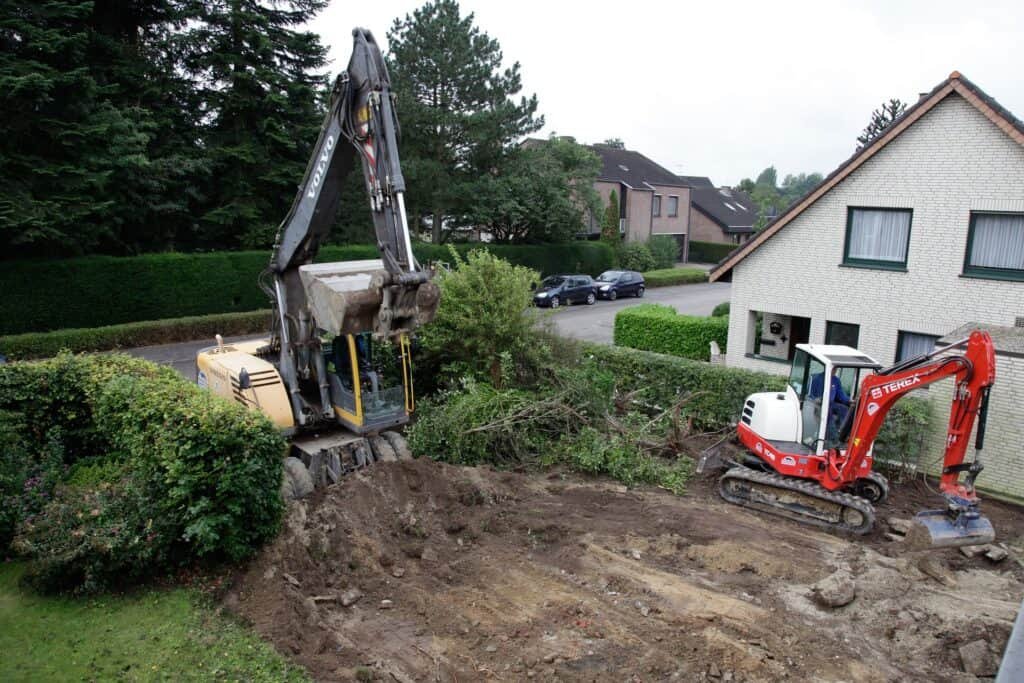
Buckets
Buckets are the most common attachments for mini diggers. They are used to scoop up materials, such as dirt, sand, and rocks. There are different types of buckets available, each with a specific purpose.
A. Standard bucket
The standard bucket is the most common type of bucket used with mini diggers. It has a flat bottom and is used for general-purpose digging and loading.
B. Trenching bucket
The trenching bucket is used for digging narrow trenches, such as for pipes or cables. It is long and narrow, making it easy to dig straight, deep trenches.
C. Grading bucket
The grading bucket is used for finishing work, such as leveling and smoothing surfaces. It has a flat bottom and is wider than a standard bucket, making it ideal for grading work.
D. Clamshell bucket
The clamshell bucket is used for picking up irregularly shaped objects, such as rocks or debris. It has two hinged plates that open and close to grab objects.
E. Uses of each bucket type
Each bucket type has a specific purpose, and choosing the right bucket can make the job easier and more efficient.
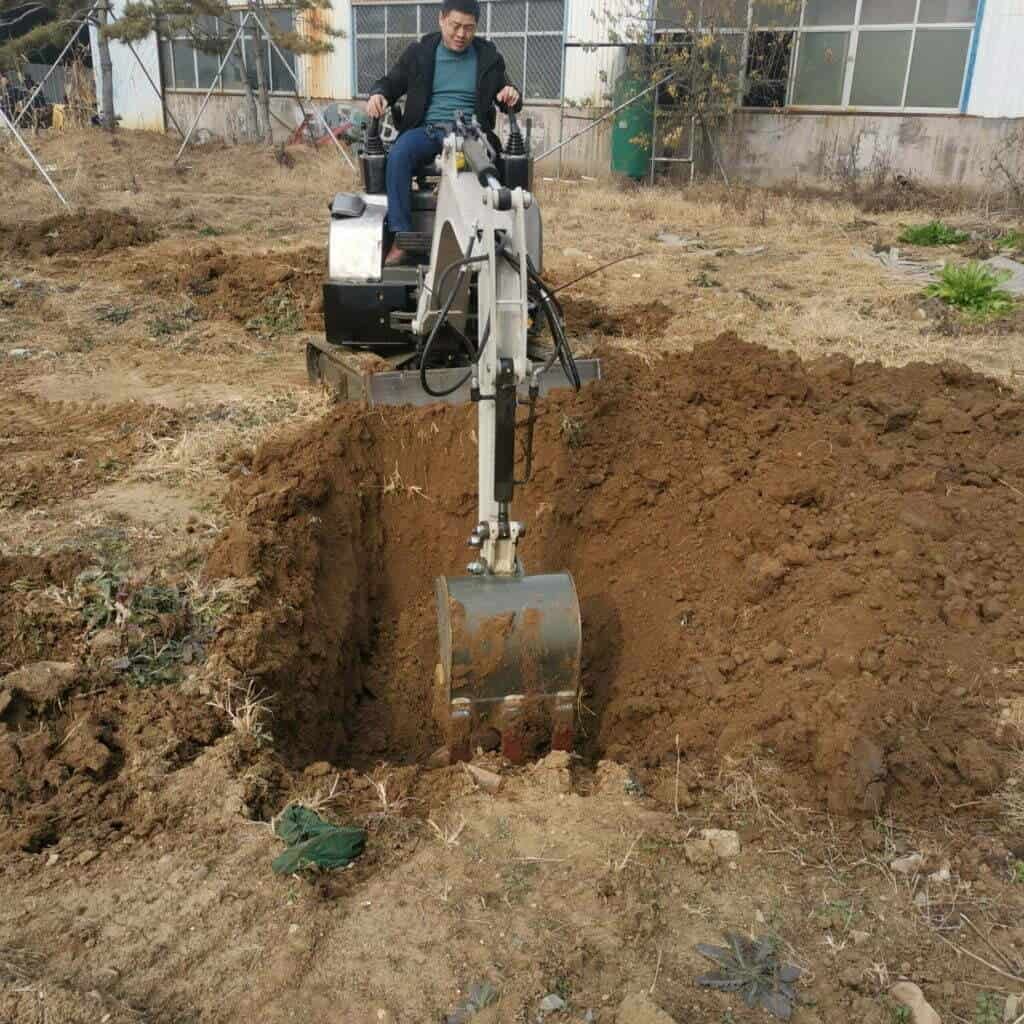
Augers
Augers are used for drilling holes in the ground. They come in different sizes and shapes, depending on the type of soil and the size of the hole needed.
A. Standard auger
The standard auger is used for drilling small to medium-sized holes in soft soil. It has a helical screw blade that rotates to dig into the ground.
B. Rock auger
The rock auger is used for drilling into hard, rocky soil. It has a heavy-duty design and a carbide-tipped cutting edge to break through tough soil.
C. Uses of each auger type
Choosing the right auger depends on the soil type and the size of the hole needed.

Grapples
Grapples are used for picking up and moving large, heavy objects. They are often used in demolition and construction projects.
A. Log grapple
The log grapple is used for picking up and moving logs and tree limbs. It has a narrow design that makes it easy to grab and move individual pieces.
B. Scrap grapple
The scrap grapple is used for picking up and moving scrap metal and other debris. It has a wide design that can pick up large objects.
C. Demolition grapple
The demolition grapple is used for demolishing buildings and structures. It has a heavy-duty design and can crush concrete and other materials.
D. Uses of each grapple type
Choosing the right grapple depends on the type of object being moved and the size of the job.
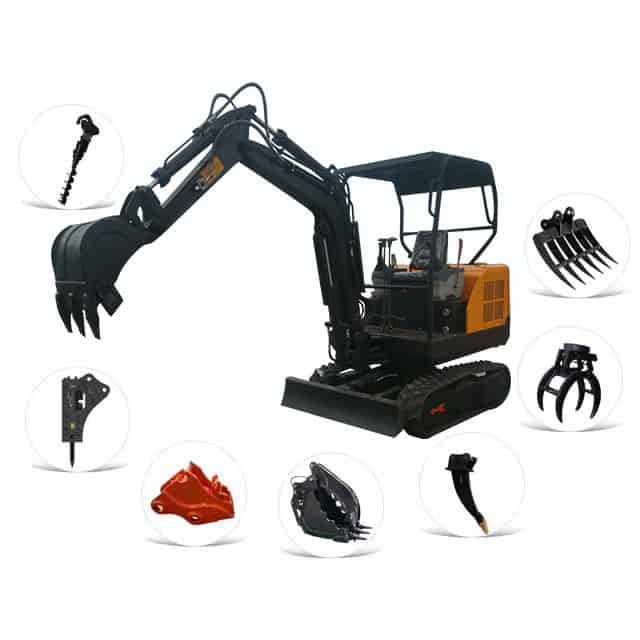
Hammers
Hammers are used for breaking up hard surfaces, such as concrete and asphalt. They come in two types: hydraulic and pneumatic.
A. Hydraulic hammer
The hydraulic hammer is powered by the mini digger’s hydraulic system. It is used for breaking up hard surfaces and can be used with different size chisels.
B. Pneumatic hammer
The pneumatic hammer is powered by compressed air. It is lighter than the hydraulic hammer and is used for lighter demolition work.
C. Uses of each hammer type
Choosing the right hammer depends on the type of surface being broken and the size of the job.
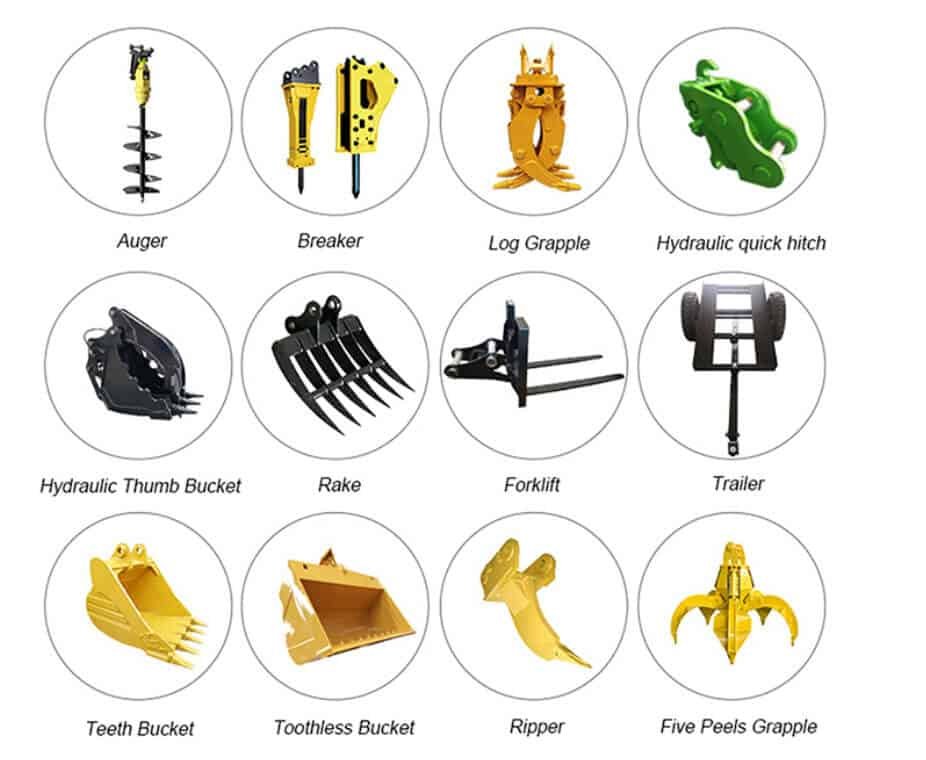
Other Attachments
In addition to buckets, augers, grapples, and hammers, there are several other attachments available for mini diggers.
A. Rakes
Rakes are used for clearing debris, such as rocks, roots, and branches. They have long tines that can easily pick up and move debris.
B. Thumb Attachments
Thumb attachments are used for grabbing and moving objects, such as logs, rocks, and debris. They are useful for jobs that require precise control.
C. Plate Compactor
Plate compactors are used for compacting soil and other materials. They have a large flat plate that vibrates to compress the material.
D. Vibratory Roller
Vibratory rollers are used for compacting soil and other materials. They have a heavy drum that vibrates to compress the material.
Uses of each attachment type
Choosing the right attachment depends on the job and the material being worked with.
How to Choose the Right Attachment
Choosing the right attachment for the job is essential to ensure efficiency and safety. Several factors should be considered when choosing an attachment, including the type of job, the material being worked with, and the size of the job.
Matching the attachment to the job can help save time and reduce the risk of accidents. It’s also important to ensure that the mini digger is compatible with the attachment being used.
Maintenance and Safety Tips
Using attachments with mini diggers requires proper maintenance and safety precautions to prevent accidents and ensure longevity of the equipment. Here are some tips for maintaining and using attachments safely:
A. Inspect attachments before use
Before using an attachment, inspect it for any damage, wear and tear, or missing parts. If there are any issues, do not use the attachment until it is repaired or replaced.
B. Follow manufacturer instructions
Each attachment has unique features and specifications, so it’s important to follow the manufacturer’s instructions for use and maintenance.
C. Lubricate moving parts
Regularly lubricate moving parts, such as hinges and bearings, to ensure they operate smoothly and prevent wear and tear.
D. Use safety equipment
Always wear appropriate safety equipment, such as hard hats, gloves, and safety glasses, when using attachments with mini diggers.
E. Keep bystanders away
When using attachments, ensure that bystanders are kept at a safe distance to prevent accidents and injury.
F. Store attachments properly
Store attachments in a dry, clean place when not in use to prevent rust and other damage.
By following these maintenance and safety tips, you can ensure that attachments for mini diggers are used safely and effectively.
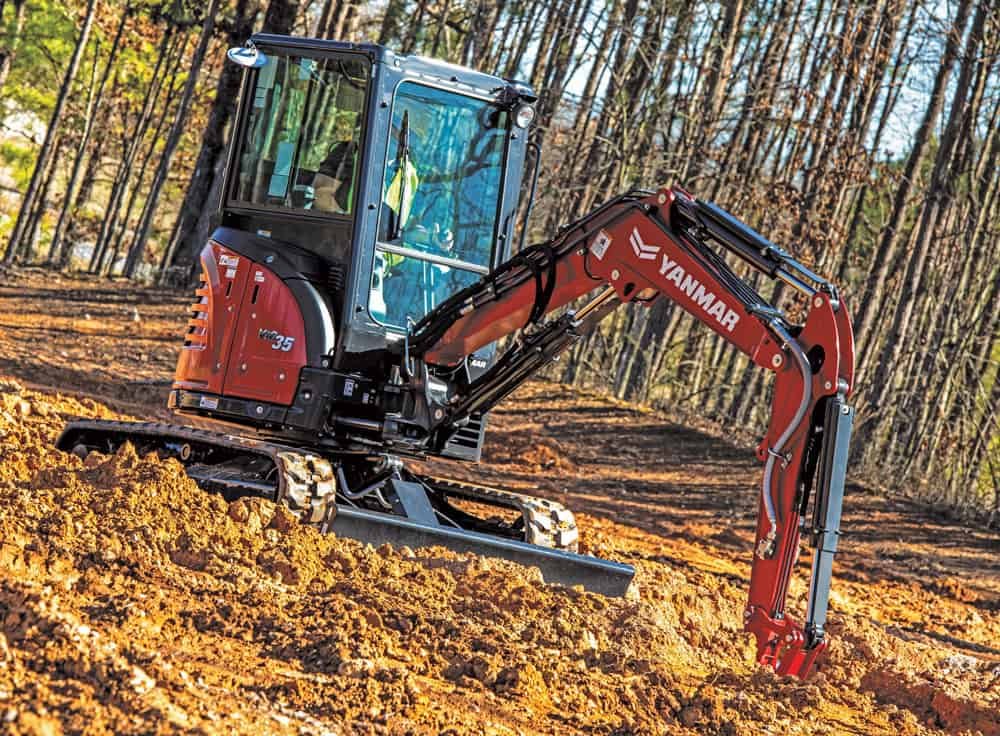
Conclusion
Mini diggers are powerful machines that can be enhanced with the use of different attachments. Buckets, augers, grapples, hammers, and other attachments can make jobs easier, more efficient, and safer. Choosing the right attachment for the job is essential to ensure that the work is done correctly and safely. By understanding the different types of attachments available and their uses, you can choose the right attachment to get the job done right. If you have any questions regarding the attachments, please contact us.

